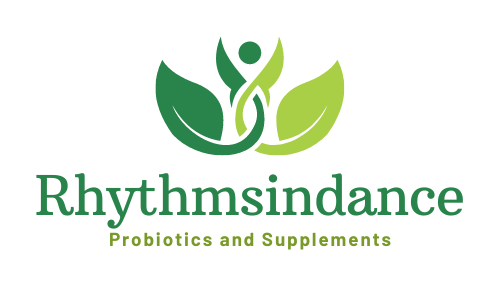Search Health Supplement
Find Best Health Product
Some people wonder if supplements are really necessary. Experts have different opinions on this.
Nutritionist says that for most adults, supplements aren’t usually the first thing to try for good health. Instead, they might suggest changes to diet and exercise first.
But sometimes, supplements are a good idea. For example, they might be recommended during pregnancy, for new moms who breastfeed, or for people with certain health problems or diets. If someone’s diet is missing important nutrients, supplements can help fill in those gaps.
Types of Dietary Supplements
There are lots of different types of dietary supplements. Some common ones are:
- Multivitamins: These have a mix of different vitamins and minerals that you need each day. They’re often taken once a day for overall health, but some might be marketed for specific things like boosting immunity or giving you more energy.
- Individual vitamins: These are just one vitamin, like vitamin C or D. People take these if they’re not getting enough of that vitamin from their food.
- Minerals: These are like individual vitamins, but they’re minerals instead. For example, you might take calcium or potassium if you’re not getting enough in your diet.
- Botanicals: These are plants or plant compounds, like ginger or caffeine. People think they might help with things like reducing inflammation or giving you more energy.
- Probiotics: These are good bacteria that are supposed to help your gut. People take them to keep their stomachs healthy.
- Amino acids: These are the parts that make up protein. Some people take them to help with things like sports performance or recovering after exercise.
How to use Dietary Supplements Safely?
Here are some simple tips to use supplements safely:
Talk to your doctor before you start taking any supplements. Make sure they know about any other supplements or medicines you’re already taking.
Follow the instructions on the supplement label carefully.
If you have any bad reactions to a supplement, stop taking it right away and get help from a doctor.
If you’re pregnant or breastfeeding, check with your doctor before you take any supplements. Some supplements might not be safe for you or your baby.
If you’re going to have surgery, tell your doctor about any supplements you’re taking. Some supplements can affect how well anesthesia works or make you bleed more after surgery.
Risks of Taking Supplements:
Using common dietary supplements like multivitamins is usually safe for most people and doesn’t cause big health problems. But if you take too much of a supplement, it can be risky.
Taking too many supplements might hurt your liver, make you bleed too much, or even cause a stroke. Signs that you’re having a serious reaction to a supplement include stomach pain, feeling sick, chest pain, or having trouble breathing.
If you’re allergic to a supplement, you might get a rash, feel itchy, or swell up in your throat or face. If you have any of these symptoms or reactions, get help from a doctor right away.
Conclusion
Supplements can help fix vitamin and mineral shortages in your body and make sure you’re getting all the important stuff you need each day. Some supplements might even make you healthier or help with certain health problems.
But we’re still learning about how well supplements work. It’s smart to ask a doctor before you start taking any. They can tell you about any risks or problems the supplements might cause, especially if you’re taking other medicines.








